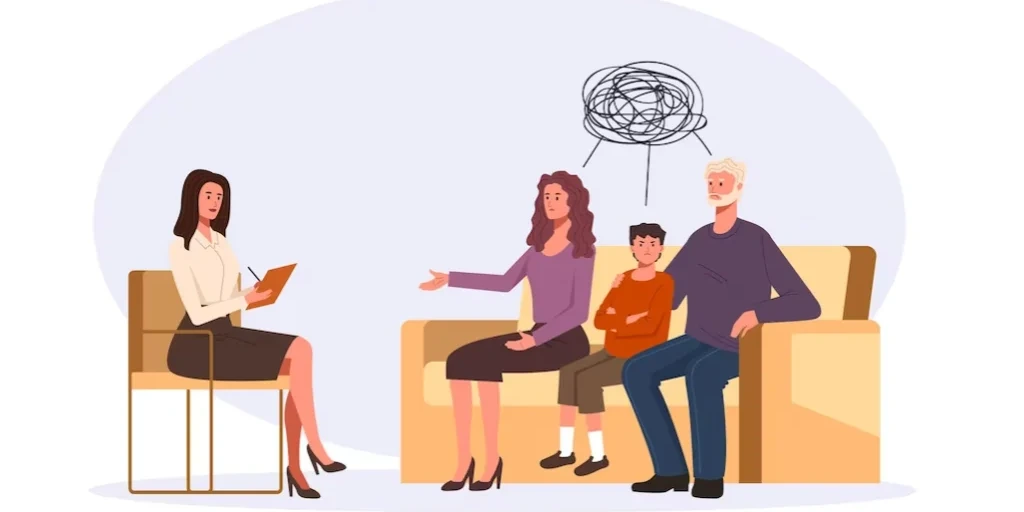24/7 Helpline:
(866) 899-221924/7 Helpline:
(866) 899-2219
Learn more about Group Therapy centers in Owatonna
Group Therapy in Other Cities

Other Insurance Options

Lucent

UMR

Regence

MVP Healthcare

AllWell
Beacon

Access to Recovery (ATR) Voucher

EmblemHealth

Carleon

Group Health Incorporated

UnitedHealth Group

Providence

Highmark

Magellan

Oxford

MHNNet Behavioral Health

WellPoint

United Health Care

Multiplan

Holman Group

Beauterre Recovery Institute
Beauterre Recovery Institute is a private rehab located in Owatonna, Minnesota. Beauterre Recovery I...

South Central Human Relations Center – Dual Recovery Program
South Central Human Relations Center – Dual Recovery Program is a non-profit rehab located in Owaton...

Owatonna Hospital – Behavioral Health
Owatonna Hospital – Behavioral Health is a private rehab located in Owatonna, Minnesota. Owatonna Ho...

West Hills Lodge
West Hills Lodge is a private rehab located in Owatonna, MN. West Hills Lodge specializes in the tre...



Safe Harbour
Safe Harbour is a private rehab located in Owatonna, Minnesota. Safe Harbour specializes in the trea...


